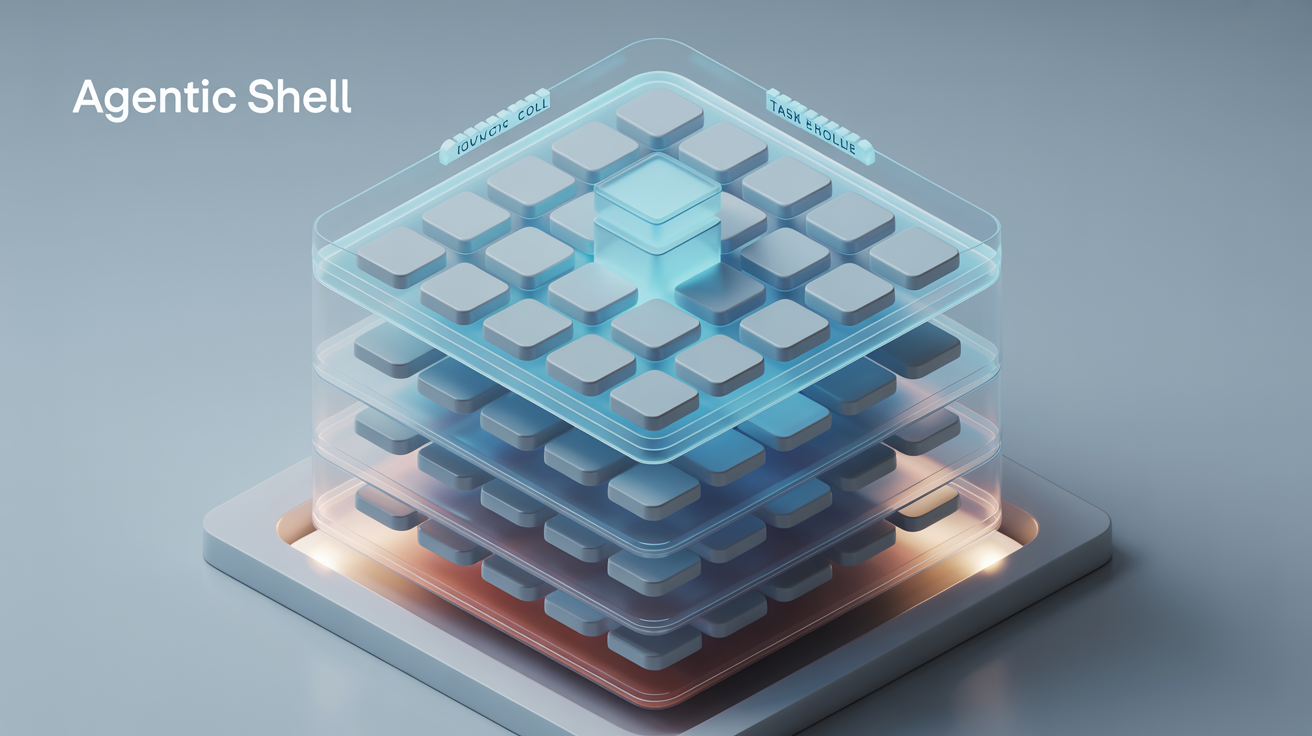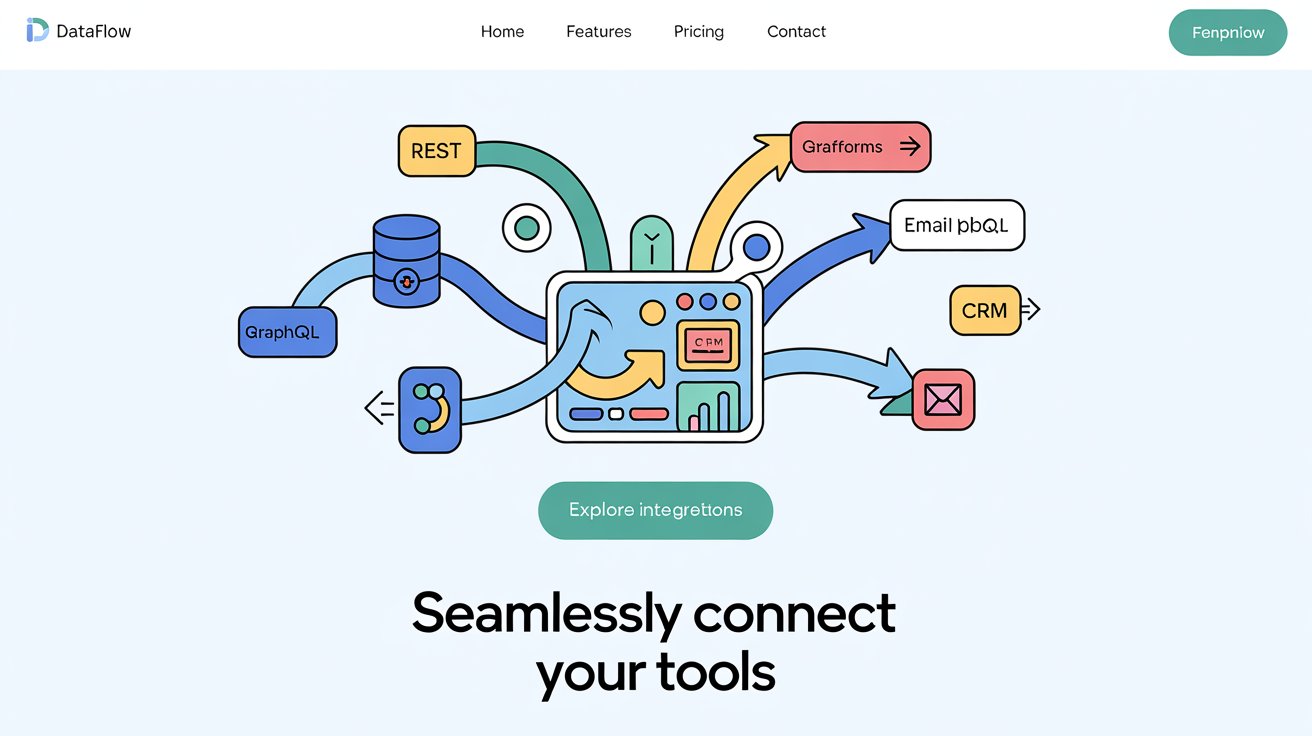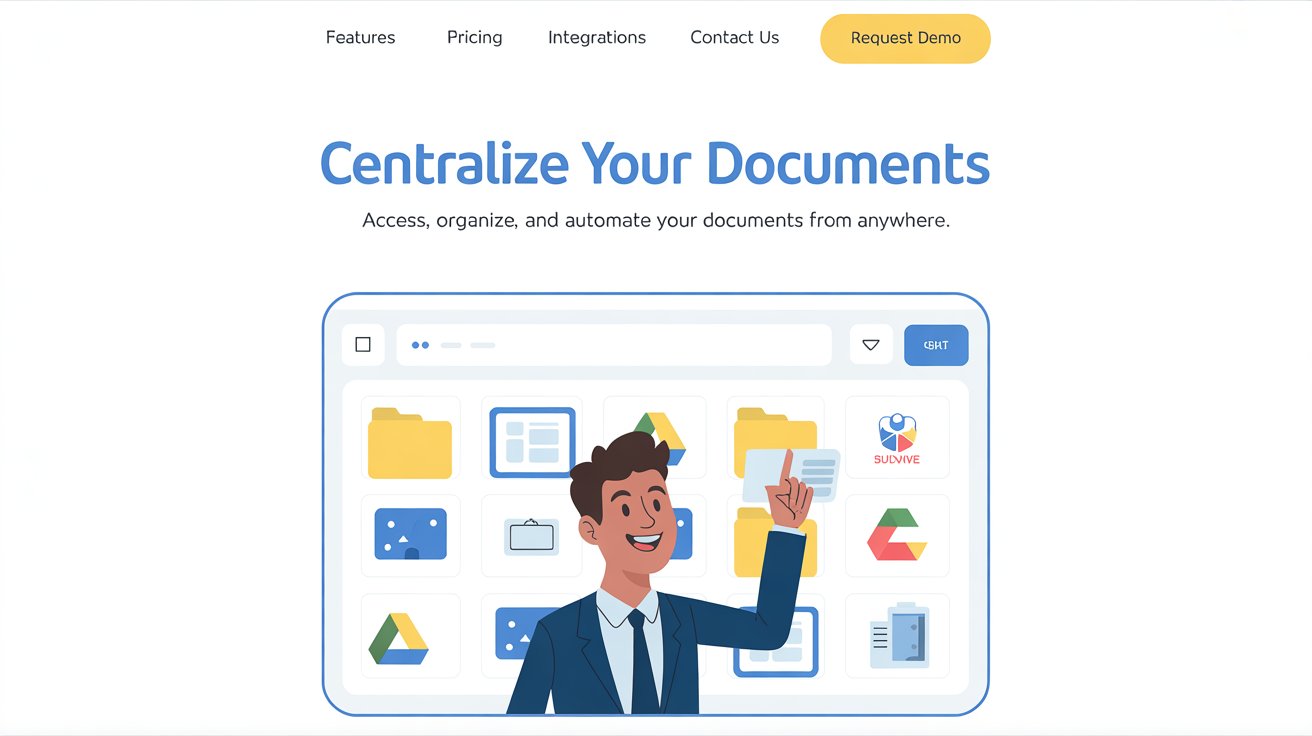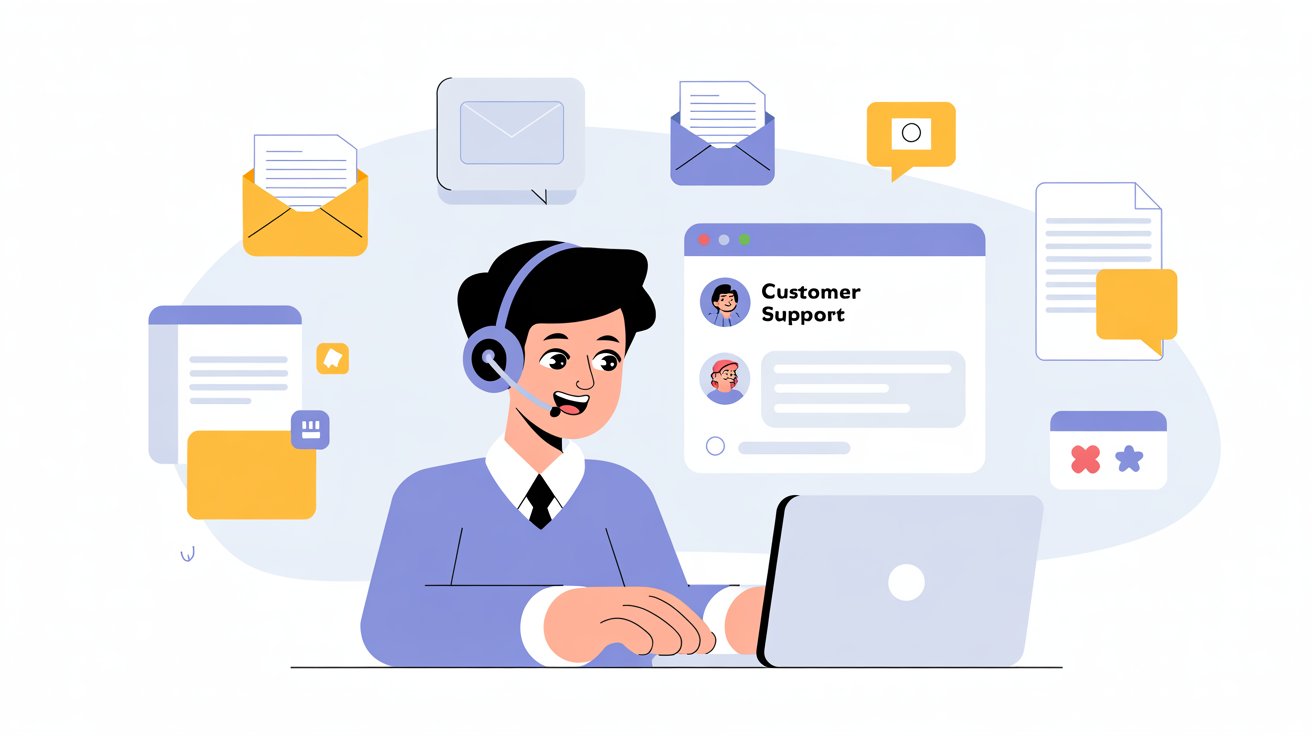Integration patterns
Fast Forward offers flexible integration options to fit your IT landscape — from modern APIs to legacy file shares. Whether deployed in the cloud or on-premise, agents operate securely and effectively using a combination of local execution, API access, and event-based triggers.

Local Execution with Tools in the Agent Toolkit
Our proprietary toolbox runs headlessly on the user’s PC or laptop, enabling secure access to local resources using the user’s own credentials. This allows agents to work with:
- Installed email clients (e.g., Outlook)
- Local and network file systems
- OneDrive and SharePoint
- Web applications (via stored credentials or SSO)
This approach ensures tight integration without backend complexity — ideal for fast implementation and high data sensitivity.
API-Based Integration
Fast Forward integrates directly with enterprise systems via REST or GraphQL APIs. Agents can read from, write to, and coordinate workflows across:
- ERP (e.g., SAP, AFAS, Dynamics)
- CRM (e.g., Salesforce, HubSpot)
- HR platforms (e.g., Workday, SuccessFactors)
- Internal systems exposed via custom APIs

Document Store Access

Agents can retrieve and process data from shared drives, DMS platforms, and unstructured documents. This enables use cases like policy lookups, invoice parsing, or RAG-based Q&A.
Supported sources include:
- SharePoint
- OneDrive
- SMB/NFS network shares
- Email attachments and PDFs
Trigger-Based Integration

Agents can also act on external events — ideal for fast automation without deep integration.
- Email triggers: Detect new messages or attachments in monitored inboxes
- File triggers: Watch folders (local, network, OneDrive) for new files
- Calendar triggers: Respond to scheduled meetings or reminders
- Webhook triggers: Start agents from forms, internal portals, or external systems
This hybrid approach gives IT maximum control while enabling high flexibility and fast rollout.
